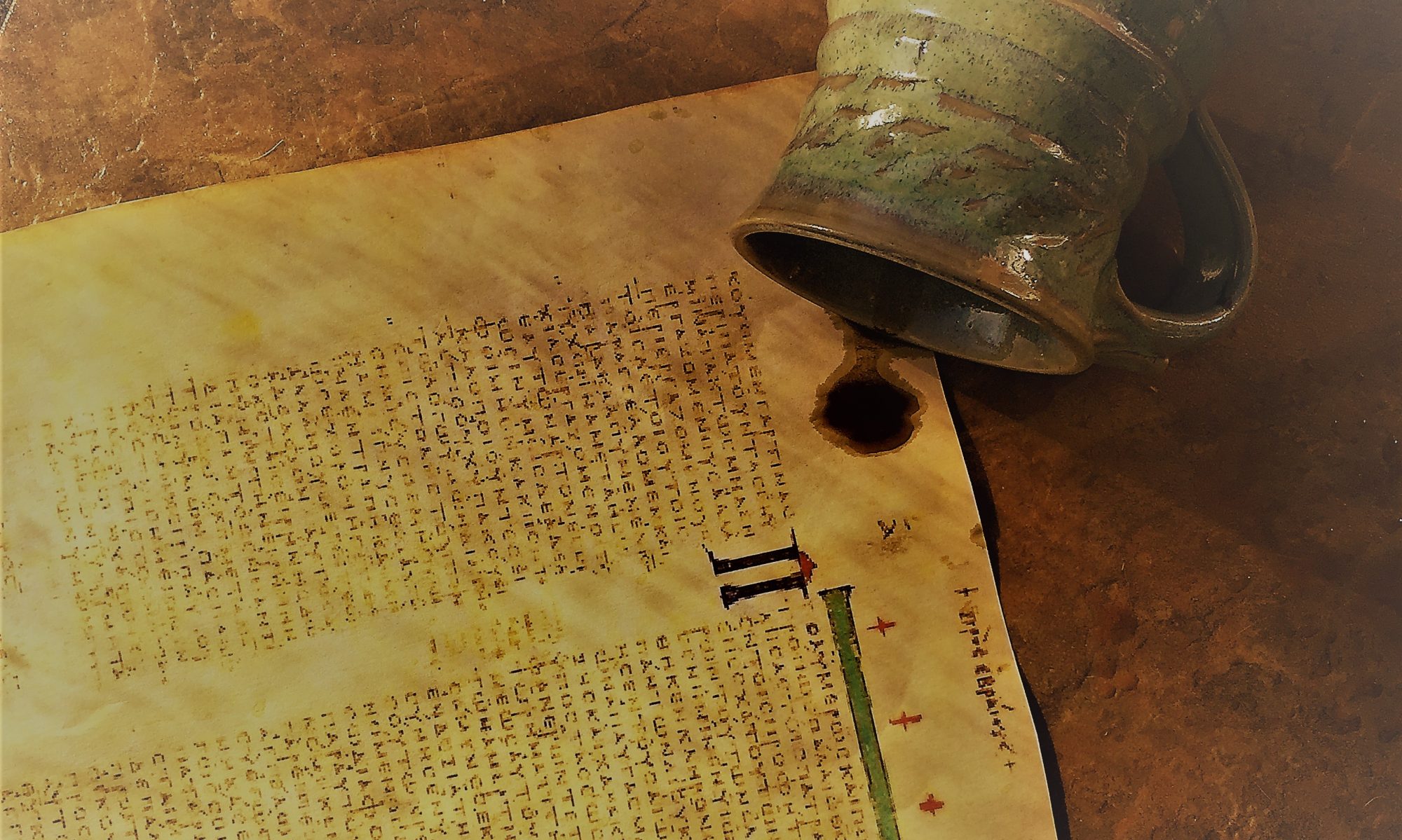
In the opening verses of Revelation, perhaps one of the scariest books in the Bible, John wrote this, “When I saw him, I fell at his feet as though dead. But he placed his right hand on me, saying, ‘Do not be afraid.”
If you look at other major appearances of the divine in the Bible, more often than not “do not be afraid” is somewhere to be found in the passage. God said it to Abram. The voice from the burning bush said it to Moses. Jesus said it to Peter. And I could go on and on.
If there is one message to glean from all of this it’s that God doesn’t want us to live in fear. Even though he recognizes that he can be a little intimidating, he wants us to relax.
But that’s easier said than done, especially in a world where sowing fear has become an industry.
Saint Anthony, a desert monk who lived in an Egyptian desert for much of his life, wrote, “Whenever the soul remains fearful, there is a presence of the enemies,” (Life of St. Anthony). What he meant by this is that fear mongering was the main weapon of demons (wrangling demons was his specialty). He goes on to explain that the moment we can identify a fear (name the demon) we then can begin the process of removing its control over us.
A good example of this can be found in the gospel of Mark which records the first instance of Jesus exorcising the Gerasene demoniac. Some scholars believe that Mark’s audience was the congregation in Rome, and that he wrote his gospel soon after the destruction of Jerusalem, an event that struck fear in the Christians as it sent the mother congregation into hiding.
In addition, many in the Roman church were still traumatized by the Neronian persecutions, where Roman soldiers barged into households and committed horrific atrocities to entire families merely because they were Christians.
And so, as Mark crafts the story of Jesus healing the Gerasene demoniac, I find it interesting that when Jesus demands that the demons identify themselves, they reply…
“Legion.”
I bet as the story was read for the first time in front of the Roman congregation there were audible gasps, for this was the church’s worst fear. As the word “Legion” was spoken, images of swords executing loved ones, beasts ripping people apart, and even church members ignited as human torches must have filled their minds.
But as I said, this is not where God wants us to live, which was the point Mark was making by including the story in his gospel (it’s also the point of the gospel’s abrupt ending, I believe).
Living in fear is a path that leads to self-destruction. And this is true for an individual, an institution, a community, and a nation. Fear makes us desperate, suspicious, and in the process often leads to decisions that only make the situation worse.
Henri Nouwen, a Catholic priest and professor wrote, “In a time like ours, when fear takes on an apocalyptic dimension, it is extremely tempting to join a small group that calls non-members useless, dangerous, or evil and offers a unique sense of belonging to those who follow the rules” (Lifesigns).
He wrote those words in 1989.
So what can we do?
The writer of 1 John wrote, “There is no fear in love, but perfect love casts out fear; for fear has to do with punishment, and whoever fears has not reached perfection in love. We love because he first loved us” (4:18-19, NRSV).
Actions motivated out of love will put us on a path away from fear and its consequences. Love leads us to swallow our pride, to say we are sorry, to mend relationships, and to do something simple and kind for someone in need.
In the movie, Stranger than Fiction, Harold Crick, played by Will Ferrell, was having a really bad day. So his friend, Ana, made him eat a freshly baked cookie, even though he didn’t want to.
His eyes brightened, “That’s a really good cookie!”
After explaining how she dropped out of Harvard Law school because she realized it wasn’t a good fit, she said, “I decided if I was going to make the world a better place, I would do it with cookies.”
Later, we get this commentary:
“Sometimes, when we lose ourselves in fear and despair, in routine and constancy, in hopelessness and tragedy, we can thank God for Bavarian sugar cookies. And, fortunately, when there aren’t any cookies, we can still find reassurance in a familiar hand on our skin, or a kind and loving gesture, or subtle encouragement, or a loving embrace, or an offer of comfort, not to mention hospital gurneys and nose plugs, an uneaten Danish, soft-spoken secrets, and Fender Stratocasters, and maybe the occasional piece of fiction. And we must remember that all these things, the nuances, the anomalies, the subtleties, which we assume only accessorize our days, are effective for a much larger and nobler cause. They are here to save our lives.” Zach Helms, Stranger than Fiction
So do not be afraid.
And eat a cookie.
If you are interested in watching the full cookie clip from the movie (which I recommend) you can find it here.
Photo credit: raspberri cupcakes on Visualhunt.com / CC BY-NC-ND



An excellent word in troubling times. Thanks! Teresa
LikeLiked by 1 person
Thanks!
LikeLike
Have always lived in fear .
LikeLiked by 1 person